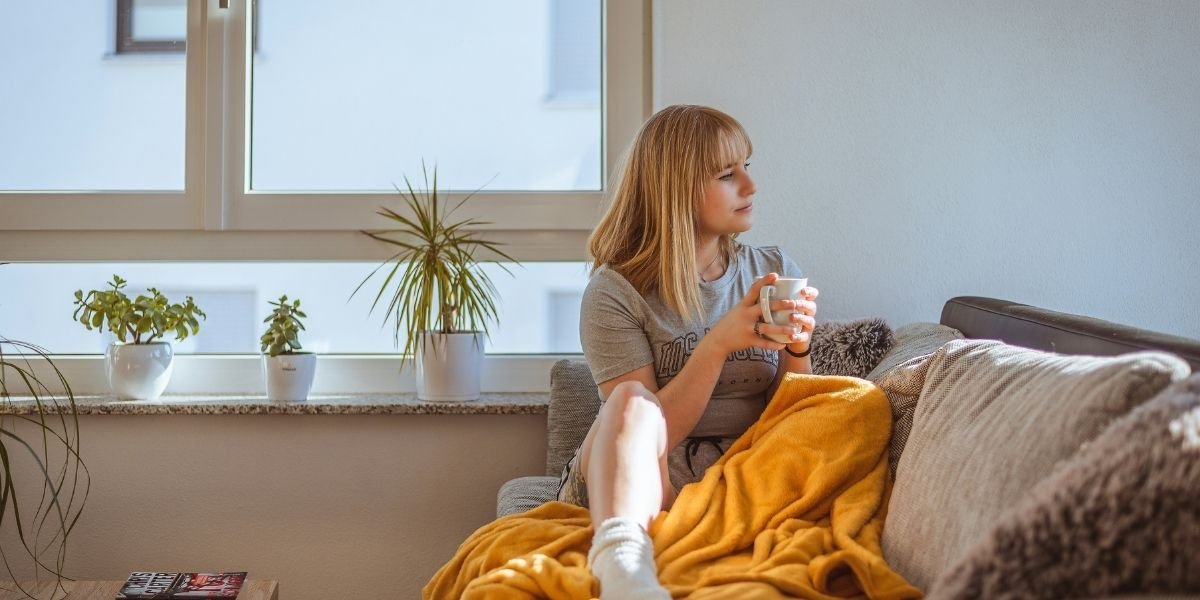More and more people have been considering the benefits of downsizing as a way to embrace a simpler, more fulfilling lifestyle. The idea of letting go of excess possessions and choosing a smaller living space can seem daunting at first, but the rewards can be transformative. Downsizing isn’t just about moving to a smaller home; it’s about freeing oneself from unnecessary stress and complexity, while creating more room for what truly matters.
A More Organized, Less Stressful Home
One of the most immediate benefits of downsizing is the reduction in clutter. Over time, many households accumulate items that are rarely used or no longer needed, from old furniture to forgotten electronics and piles of paperwork. Downsizing encourages a mindful approach to possessions, forcing individuals to assess what’s truly valuable.
By clearing out the excess, people often find that their living space feels more organized, making it easier to maintain. The physical space is more efficient, and mental clutter can also be reduced, which has a positive impact on overall stress levels. For example, someone moving from a large suburban house to a more modest apartment might find that their home feels lighter and more manageable. This sense of clarity can lead to improved focus and productivity, as it’s easier to concentrate in an environment that’s not bogged down by things.
Financial Savings: Reducing Living Expenses

Another significant advantage of downsizing is the potential for considerable financial savings. Smaller homes typically come with lower mortgage payments, reduced utility bills, and lower property taxes. People who downsize often experience a decrease in monthly costs, which can provide financial relief and open up opportunities for saving or spending on other priorities, such as travel, education, or hobbies.
For example, a couple moving from a large house to a smaller apartment may find they no longer need to maintain an expensive yard or pay for heating and cooling a vast space. They may also avoid costly repairs, as smaller homes tend to have fewer issues and are easier to manage. These financial benefits can make it easier to achieve long-term financial goals, such as retirement savings or paying off debt.
More Time for What Matters Most
When individuals decide to downsize, they often find they have more time to focus on what really matters in life. With fewer possessions to manage and a smaller living space to maintain, there’s less time spent on cleaning, organizing, and repairing things. This extra time can be redirected toward spending quality moments with loved ones, pursuing hobbies, or engaging in personal development.
For instance, a family moving from a large home with a demanding upkeep routine to a cozy apartment might find they no longer spend their weekends mowing the lawn or managing an expansive garden. Instead, they could enjoy activities like hiking, cooking, or traveling together. The freedom that comes from having a more manageable living space can help people reconnect with their passions and foster stronger relationships.
Environmental Benefits of Downsizing
Downsizing can also be beneficial for the environment. Smaller homes typically require fewer resources to build, maintain, and operate. By choosing a smaller living space, individuals can reduce their carbon footprint through lower energy consumption and reduced waste.
Additionally, people who downsize often become more mindful of their consumption habits. With less space to store items, they may begin to prioritize the purchase of high-quality goods that last longer, rather than accumulating a large number of disposable items. This shift toward mindful consumption can reduce the overall environmental impact, creating a more sustainable way of living.
For example, someone moving to a smaller home may start buying fewer items and instead focus on reusing or repurposing possessions. This eco-conscious approach helps conserve resources and reduce waste, which is a step toward more responsible living.
A Simpler, More Flexible Lifestyle
Finally, downsizing can offer a more flexible and mobile lifestyle. Without the burden of a large home and possessions, individuals can more easily relocate for work, family, or personal reasons. The freedom to move without the need to sell a large property or deal with extensive packing can open up opportunities for travel, career changes, or pursuing dreams in new places.
For instance, a couple nearing retirement might choose to downsize to a smaller home in a different region, where they can enjoy better weather or a lower cost of living. Alternatively, someone who enjoys the flexibility of remote work might decide to downsize and move frequently, exploring new cities or countries. Downsizing, in this case, provides the freedom to embrace new experiences without the constraints of a large, permanent residence.
A Path to Greater Peace of Mind

The decision to downsize is often motivated by the desire for a simpler, more peaceful life. By removing physical and financial burdens, individuals create space for clarity, relaxation, and enjoyment. While the process of downsizing may take time and effort, the long-term benefits can greatly enhance one’s quality of life. A smaller living space doesn’t have to mean sacrificing comfort or style; it can be a thoughtful choice to live with intention and embrace a life filled with purpose and joy.
Downsizing offers numerous advantages, from reduced stress and better organization to financial savings and increased time for personal growth. It allows individuals to live more intentionally, with less environmental impact and greater freedom. By focusing on what truly matters and eliminating distractions, downsizing paves the way to a simpler, more fulfilling lifestyle.







